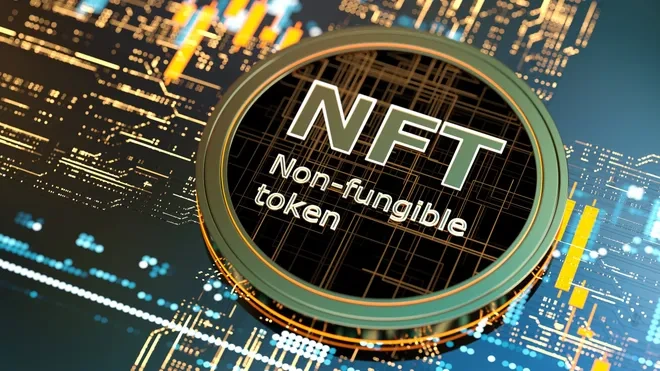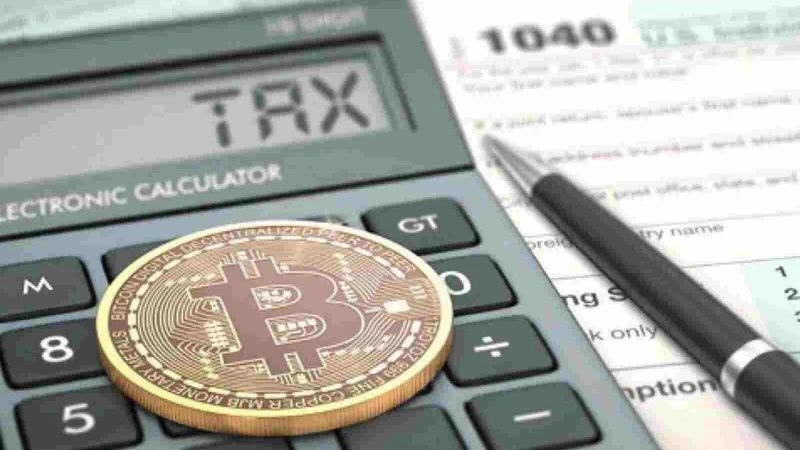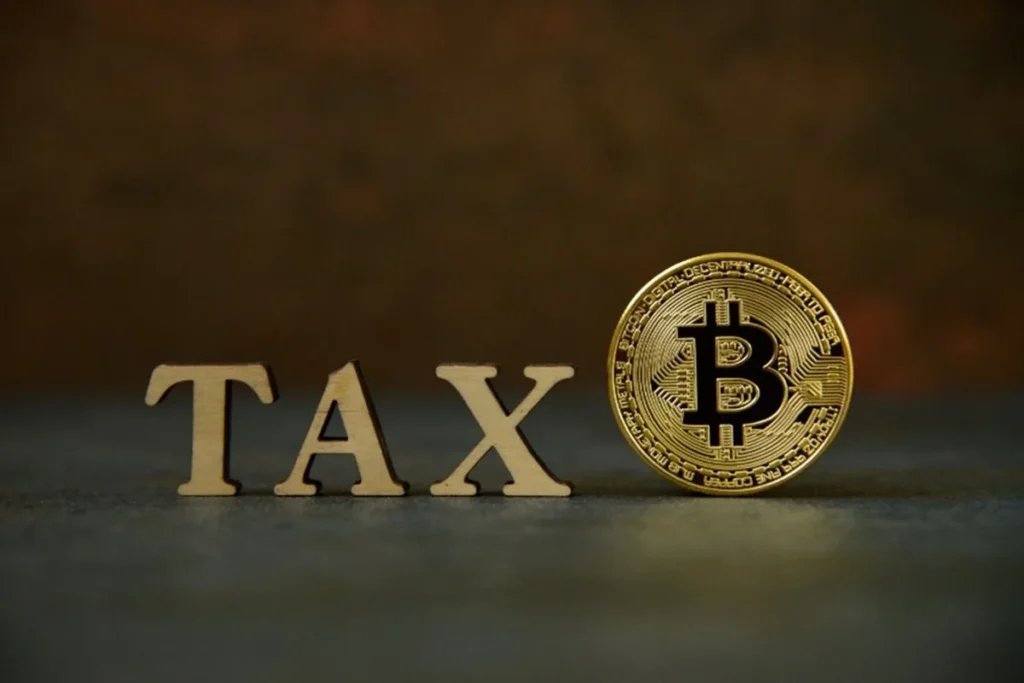Crypto Tax Malaysia: The Pros & Cons of Spending Crypto in 2025
March 30, 2025

Let’s be real: using crypto to buy stuff feels slick — a glimpse into the future. But in Malaysia, that cool convenience might come with a tax string attached. Whether you’re buying coffee with Bitcoin or cashing out your NFTs, understanding the crypto tax Malaysia landscape is more important than ever.
So instead of another jargon-heavy deep dive, we’re laying it all out — pros and cons style.


Pros of Spending Crypto in Malaysia
1. Capital Gains Aren’t (Yet) a Thing for Most
Malaysia currently doesn’t have a formal capital gains tax — meaning if you’re just holding onto your crypto and selling occasionally, you might not owe tax on the profits.
Why it matters: If you bought ETH at RM2,000 and it grew to RM6,000, there’s no direct tax just for holding or selling it casually. That’s a win — for now.


2. Case-by-Case Taxation = Some Flexibility
Malaysia’s Inland Revenue Board (LHDN) doesn’t have a hard-and-fast rulebook for crypto — yet. They treat each situation individually.
Why that helps: If you’re a low-frequency trader or casual spender, you might fall under the radar — and avoid business income classification.

3. No Crypto-Specific Tax Law (Yet)
This might sound like a negative, but it’s actually a double-edged sword. The absence of dedicated crypto tax laws gives individuals time to get organized and plan ahead.
Why it works in your favor: You can still structure your holdings smartly before any new legislation drops.
Cons of Spending Crypto in Malaysia
1. Spending = Disposing = Taxable Event
Under crypto tax Malaysia interpretation, spending your crypto is the same as disposing of an asset. If your asset appreciated in value since you got it, boom — potential taxable gain.
Example: Bought BTC at RM30K, used it when BTC hit RM60K? That profit could be taxable.


2. Frequent Use May Trigger “Business Activity”
If you’re regularly using, trading, staking, or earning crypto, LHDN might classify your activity as business income — and that means it’s taxable under personal income tax.
Why it hurts: Even if you think you’re just “playing around,” the frequency and intention matter more than you’d think.

3. No Clear Rules = Big Risk of Mistakes
This one’s tricky. Because crypto tax Malaysia isn’t fully fleshed out, most users are left guessing what’s reportable and what isn’t.
Real talk: That “innocent” transfer to your friend or payment for freelance work could raise flags — especially if audited.
4. Crypto-to-Fiat = Another Tax Trigger
When you convert your crypto into Ringgit or another fiat currency, that’s often viewed as a taxable event too — even if you didn’t technically “spend” it.
Translation: Just cashing out your gains can land you in the tax zone.
How to Protect Yourself — Without Losing Your Mind
Let’s be honest — no one wants to keep spreadsheets of every Dogecoin transaction. But a few smart habits can go a long way:
- Log all your crypto transactions (yes, even the small ones).
- Track purchase prices so you know your cost basis.
- Speak to a local tax pro if you’re doing anything beyond HODLing.
- Don’t ignore fiat conversions — they count too.
Final Thoughts: Crypto Tax Malaysia Is Still Evolving
Is spending crypto taxable in Malaysia? The answer isn’t black and white. If you’re using crypto like cash, trading often, or earning via DeFi, the tax authorities might expect a piece of the action.
That said, the current rules around crypto tax Malaysia still leave room for interpretation — but maybe not for long. As regulation tightens and Web3 adoption grows, keeping clean records and staying ahead of the curve is your safest bet.
Bottom line: Crypto might be decentralized — but your tax obligations aren’t.
Relevant Link : Here

